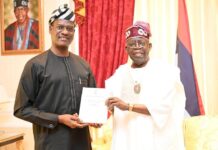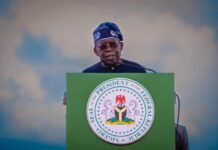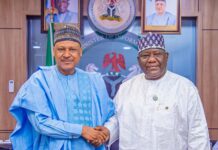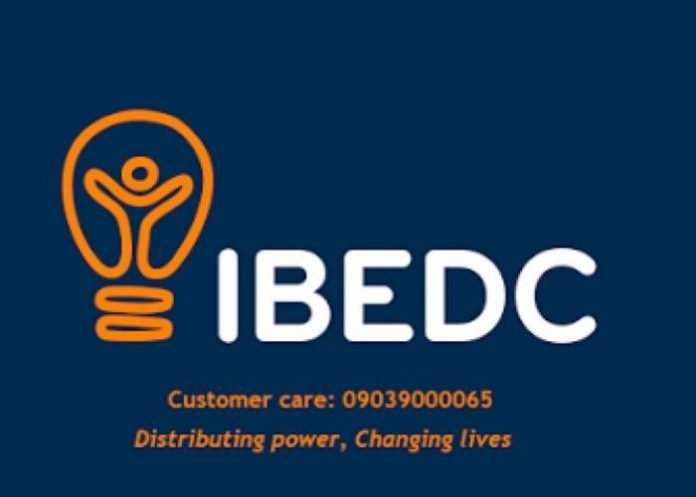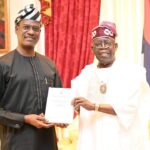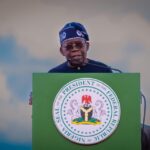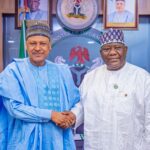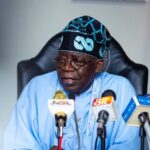The administration of President Bola Tinubu, in a move to curtail government expenditure, has announced plans to increase energy rates by 300 per cent, shifting the burden of subsidizing electricity to urban consumers.
According to a report by Bloomberg, slated for April, electricity tariffs are set to surge from N68 per kilowatt-hour to N200 per kilowatt-hour for urban consumers, constituting about 15 per cent of the population but consuming 40 per cent of the nation’s electricity.
Presidential aide Bayo Onanuga, while refraining from detailed comments, highlighted that the Nigerian Electricity Regulatory Commission (NERC) will communicate developments to the public. He stated, “The regulator will make any pronouncements based on its discussion with the distribution and generating companies.”
Minister of Power Adebayo Adelabu had previously emphasized the unsustainability of the government’s electricity subsidy, citing a debt of over 1.3 trillion naira to generating companies. He advocated for scrapping the subsidy to alleviate the sector’s financial strain.
The impending tariff hike has raised concerns about public reaction, especially given the recent fuel subsidy removal’s lingering impact on citizens’ livelihoods.






